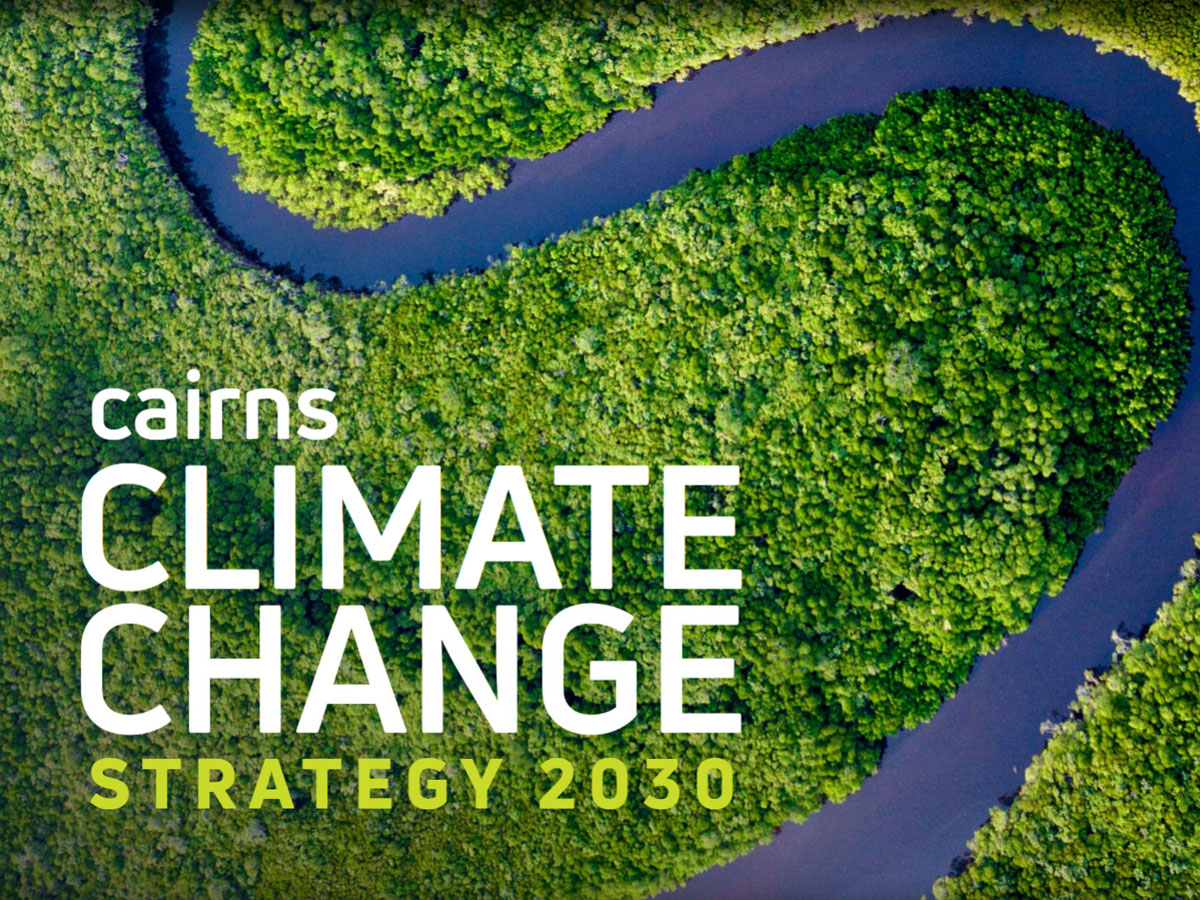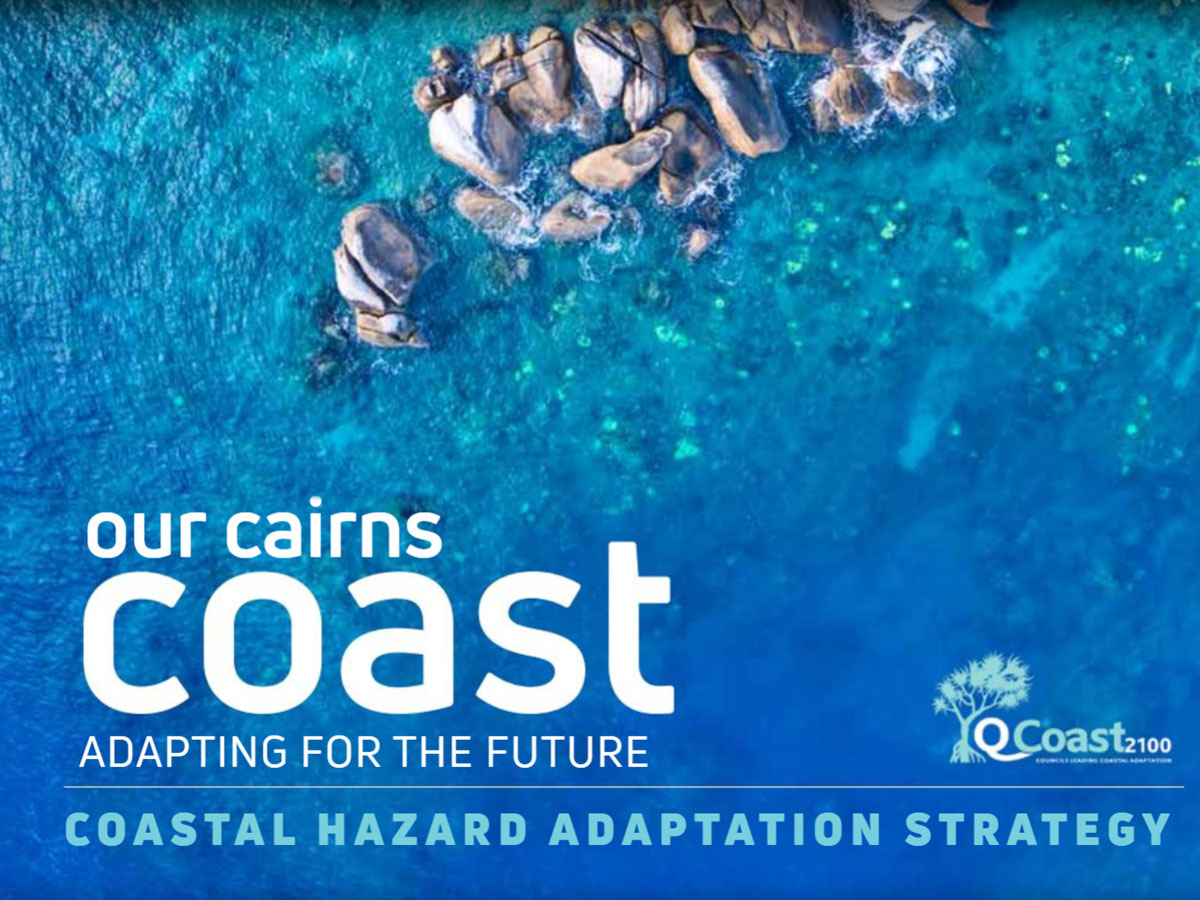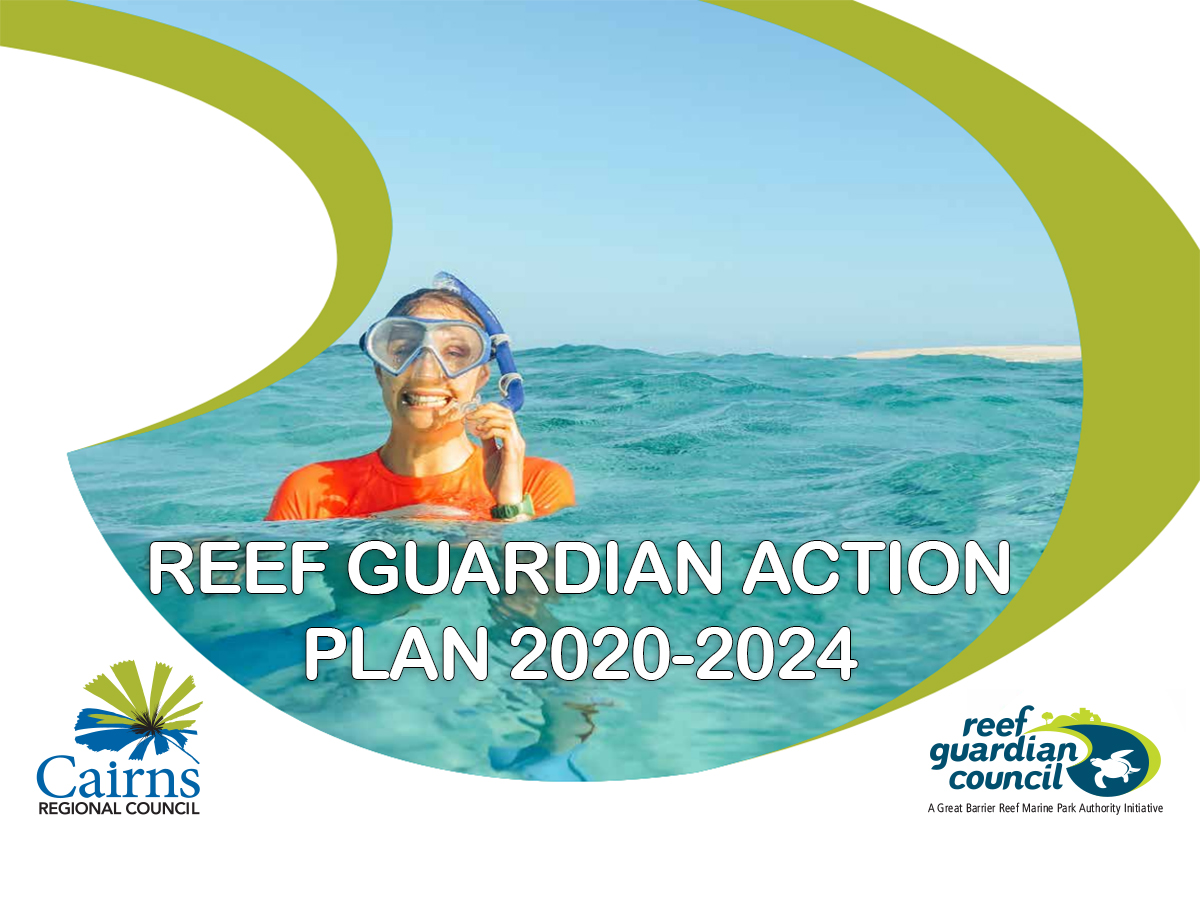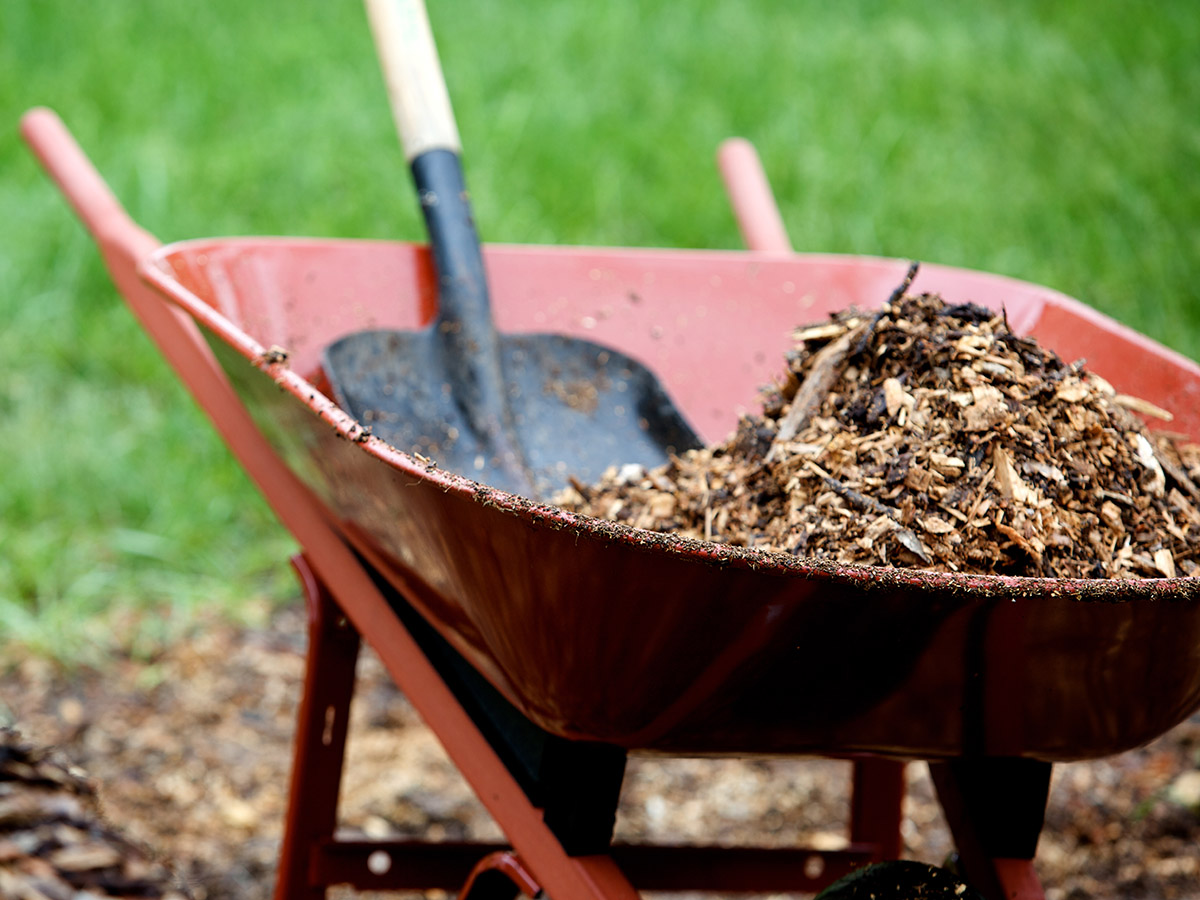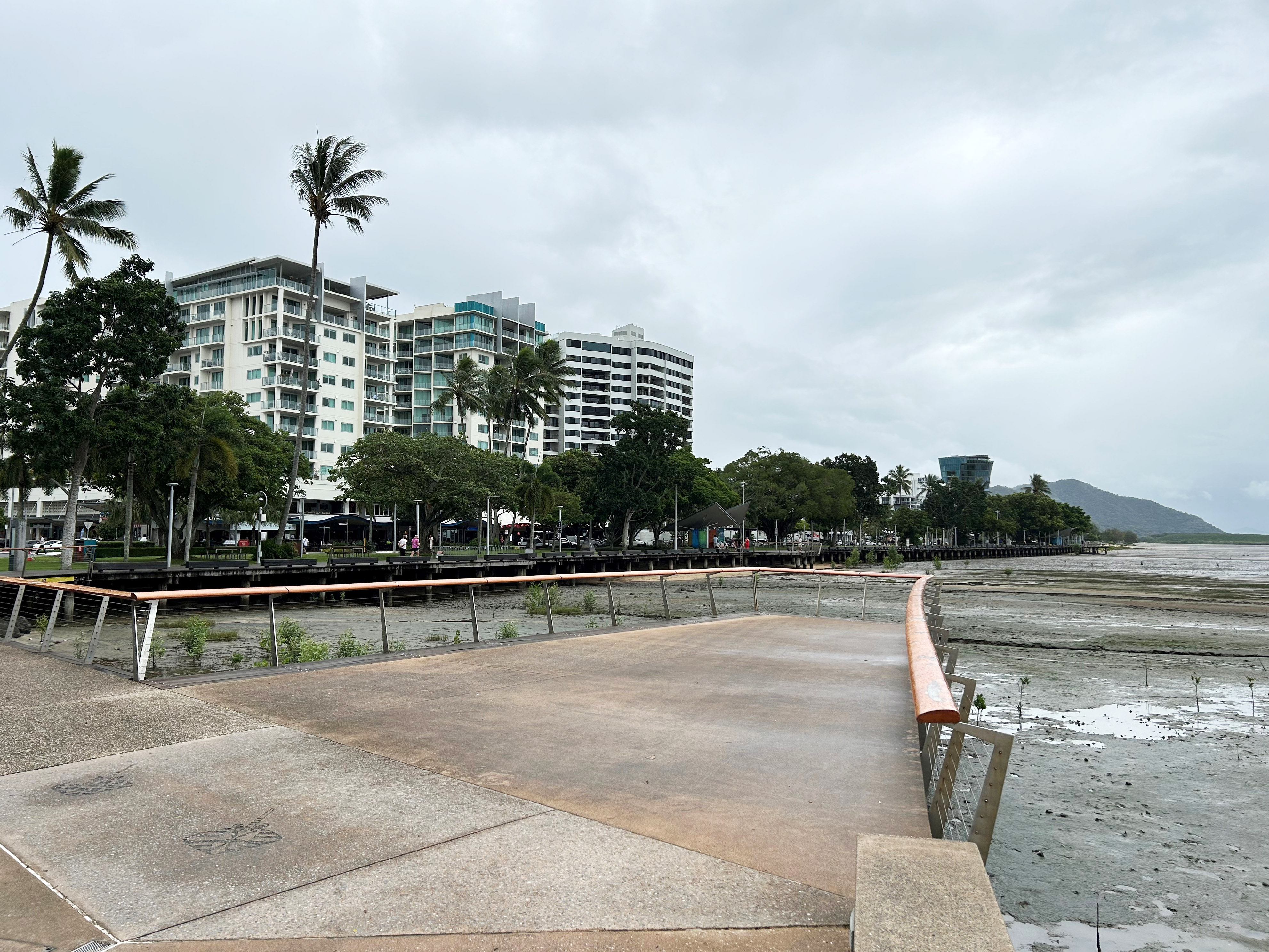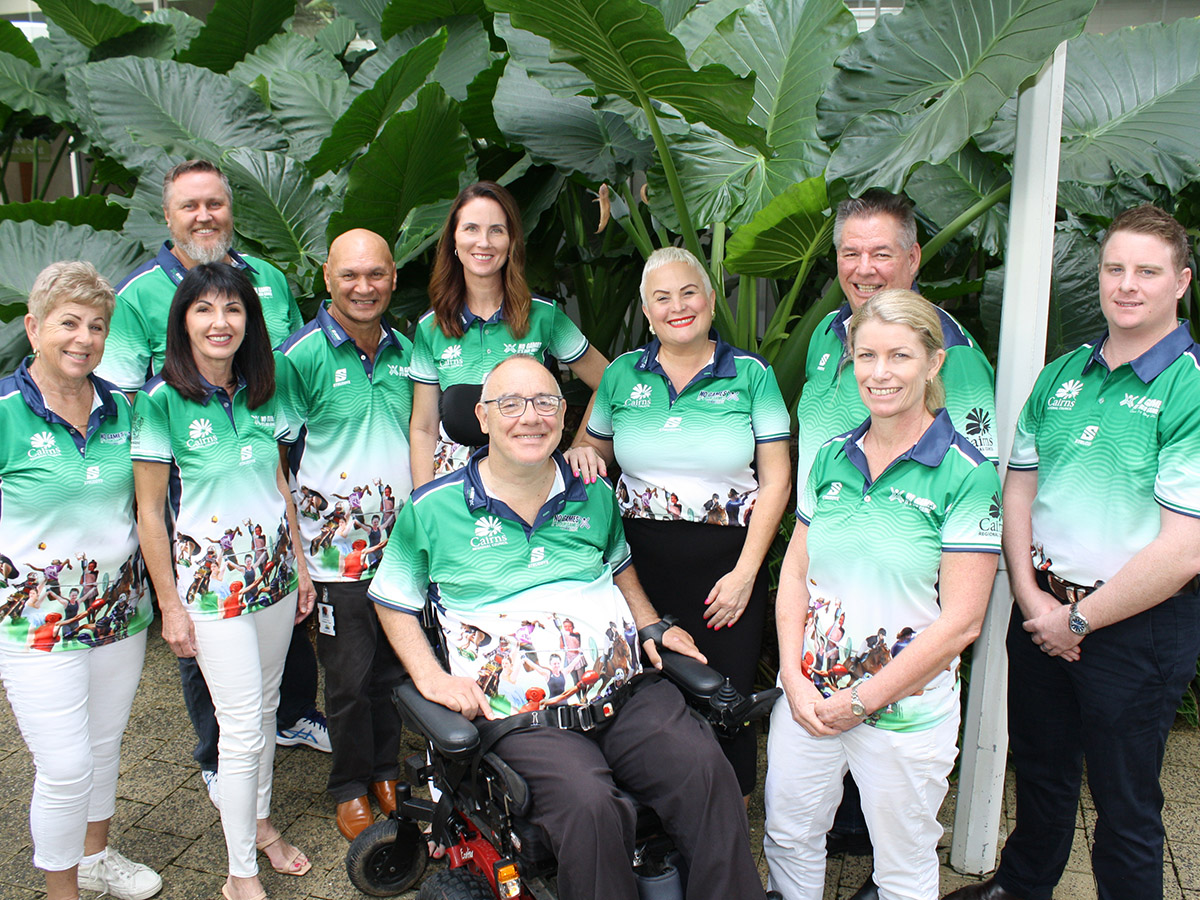Climate
Pressures
In the years since the Bureau of Meteorology records began in 1942, annual average air temperatures at the Cairns Aero Station have trended up by about 1 °C. 2021/22 was a warmer than average year, with an average annual maximum temperature of 30.5 °C, 1.4 °C higher than the average since 1942. Additionally, there were 12 days recorded over 35 °C, twice as many as the previous year, and far exceeding the average of 3.3 days per year. The average annual minimum temperature was high as well, at 22 °C, compared to the all-years average of 20.8 °C.
In 2021/22, rainfall at Cairns Aero Station was 32% below the previous year and 11% below the average since 1942, with records showing just 1,729.2 mm over the year.
Higher than average ocean temperatures led to a marine heatwave in February 2022, with mass coral bleaching observed across 91% of the Great Barrier Reef (GBR). This was the fourth such event since 2016, and the first to occur during a La Niña cycle, normally associated with cooler waters. The Great Barrier Reef Marine Park Authority’s Reef Snapshot described the pattern of bleaching across the region around Cairns as varying from major to severe. Much of the coral is expected to recover in the absence of further heat stress.
The ocean continues to absorb most of the heat caused by greenhouse gases, which can cause ocean acidification and sea level rise - the latter increasing risks to coastal infrastructure, community values and ecosystems.
Response
Climate Change Strategy 2030
To address climate pressures, Council developed the Cairns Climate Change Strategy 2030, which outlines actions to reduce greenhouse gas emissions, transition to a low carbon economy and adapt to a changing climate. This includes commitments to power Council operations by 100% renewable electricity, to achieve net zero emissions for Council operations, and to support the community to reduce emissions and build resilience in a changing climate.
Coastal Hazard Adaptation Strategy
Council continued significant engagement and technical planning studies to develop its Climate Hazards Adaptation Strategy, to proactively manage the risks of coastal hazards between now and 2100. This allowed for 0.8 M sea level rise, consistent with Queensland Government requirements.
Reef Guardian Action Plan
As a Reef Guardian Council, Council developed the 2020-2024 Reef Guardian Action Plan which outlines actions in response to key threats to the Reef. This includes managing greenhouse gas emissions, land-based run off, coastal development, fishing and marine debris.
Last Updated: 12 July 2023
Latest News > All News
Free green waste disposal starts this weekend
Residential green waste can be dropped off free of charge at transfer stations from 18 May to 26 May from...
Maintenance works on Esplanade viewing platform
Maintenance works on the western viewing platform on the Cairns Esplanade, behind the Reef Eye Ferris Wheel are scheduled to...
Council reaffirms water security is its top priority
Council has reaffirmed that the Cairns Water Security – Stage 1 project (CWSS1) remains its number one advocacy priority and...
